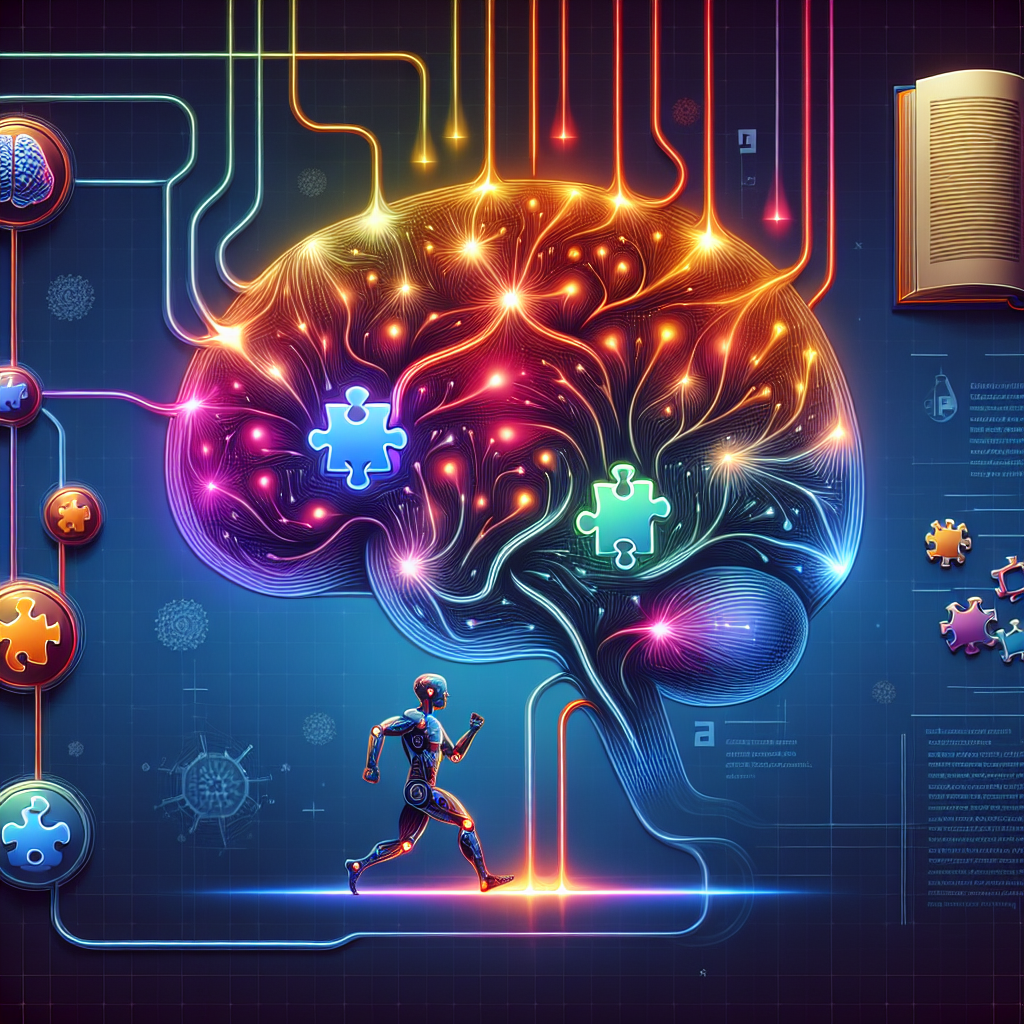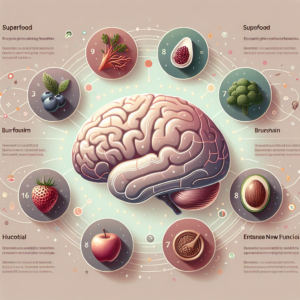
Importance of Brain Exercise
Just as physical exercise is crucial for maintaining bodily health, brain exercises are essential for promoting cognitive function and mental agility. Engaging in regular mental activities can help enhance cognitive abilities, improve memory, and boost overall brain health. Neuroplasticity—the brain’s ability to reorganize itself by forming new neural connections—is stimulated through mental exercise, aiding in the prevention of cognitive decline and reducing the risk of neurological diseases.
Types of Mental Activities
1. Puzzles and Games:
– Crossword Puzzles: Help improve vocabulary and problem-solving skills.
– Sudoku: Enhances logic and numerical reasoning.
– Logic Games: Challenge cognitive functions and promote critical thinking.
– Card Games: Support memory and strategic planning.
2. Reading:
– Engaging with a variety of genres promotes comprehension, expands vocabulary, and stimulates imagination.
– Discussion of books can enhance social interaction and critical analysis skills.
3. Learning New Skills:
– Picking up a new language, musical instrument, or hobby keeps the brain engaged and fosters neuroplasticity.
4. Mindfulness and Meditation:
– These practices improve focus, reduce stress, and enhance overall cognitive function.
Benefits for Memory & Focus
– Enhanced Memory: Regular brain exercises can improve recall and retention, making it easier to remember names, faces, and important dates.
– Improved Focus: Mental activities can increase attention span and concentration, making it easier to complete tasks efficiently.
– Faster Processing Speed: Continuous engagement in cognitive activities helps the brain process information more quickly.
– Stress Reduction: Mental exercises such as meditation reduce stress, which can negatively impact cognitive functioning.
Combining Physical & Mental Health
The synergy between physical and mental health is increasingly recognized. Regular physical activity not only boosts cardiovascular health but also enhances cognitive function. Exercise stimulates the production of brain-derived neurotrophic factor (BDNF), which supports neuron growth and improved cognitive abilities. Combining physical workouts with mental activities offers comprehensive benefits, creating a holistic approach to health that improves mood, reduces anxiety, and promotes longevity.
Daily Practices for Long-Term Results
1. Incorporate Puzzles and Games: Set aside time each day to solve puzzles, play memory games, or engage in brain-training apps.
2. Establish a Reading Habit: Aim to read at least a few pages of a book daily, alternating between fiction and non-fiction to broaden your perspective and knowledge.
3. Practice Mindfulness: Spend 10-15 minutes each day meditating or practicing deep-breathing exercises to enhance focus and reduce stress levels.
4. Physical Activity Routine: Incorporate at least 30 minutes of physical exercise into your daily routine, whether it’s walking, yoga, or structured workouts.
5. Learn Something New: Dedicate time each week to learning a new skill or hobby, whether it’s cooking a new recipe, practicing a musical instrument, or taking an online course.
6. Social Engagement: Regularly connect with family or friends, engage in meaningful conversations, or participate in group activities to stimulate cognitive and emotional health.
By dedicating time to these daily practices, individuals can promote long-term cognitive health, improve memory and focus, and enhance overall well-being.


